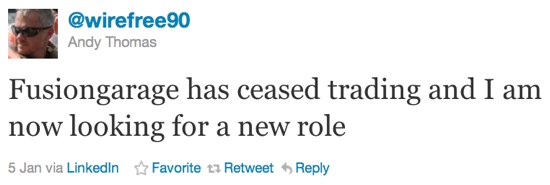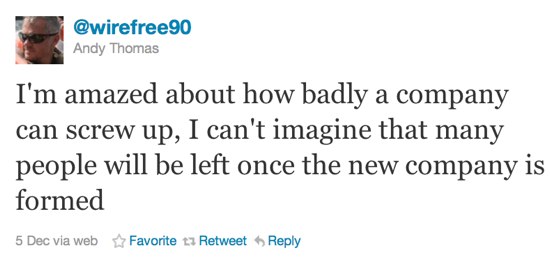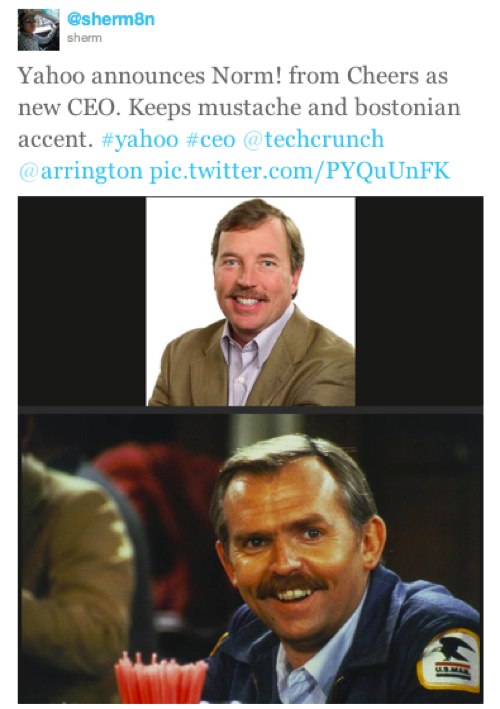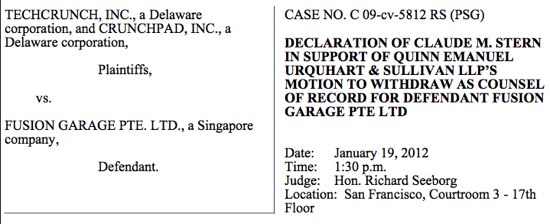 In November I wrote about a New York Times article trashing Zynga that appeared to have been spoon fed to them by rival Electronic Arts.
In November I wrote about a New York Times article trashing Zynga that appeared to have been spoon fed to them by rival Electronic Arts.
I particularly remember the quotes by EA’s head of human resources Gabrielle Toledano, including this one: “I expect a lot of game and tech companies will begin recruiting Zynga’s talent after their equity becomes liquid.” And that ridiculous quote by venture capitalist Roger McNamee saying that Zynga would end up a cautionary tale, without any mention that McNamee is friends and a former business partner with the EA CEO.
Well, Zynga’s public now, and their equity is pretty liquid. But so far I haven’t seen too many departures. Or any. But I did notice Zynga picked up yet another EA executive today. Barry Cottle, formerly EVP of EA Interactive and now EVP Business and Corporate Development at Zynga.
Perusing the Zynga executive team page, the company now appears to have six former EA execs on board. In addition to Cottle, there’s Colleen McCreary, Jeff Karp, John Schappert, Mike Verdu and Steve Chiang. Counting Cottle, six of the eleven members of the Zynga executive team were former EA execs.
This isn’t to pile on EA – they’re still a strong company and a little competition is always good for the soul. But the New York Times shouldn’t be so quick, next time, to believe everything that’s thrown at them. Particularly when it’s a competitor doing the throwing.
Has anyone on the EA executive team not sent their resume to Zynga at this point? That’s a question I’d love to know the answer to.
Image Credit: NY Times artist rendering of Mark Pincus in what sources from EA tell them is his true form. It definitely wasn’t something I just drew.
 My CrunchFund partner and long time colleague MG Siegler is having what appears to be a
My CrunchFund partner and long time colleague MG Siegler is having what appears to be a 




 Path and others are giving us what we want – A nice, sophisticated and diverse conversation with friends, like sitting together at a table just laughing and talking and drinking a latte. Facebook is more like the top picture above. Chaos.
Path and others are giving us what we want – A nice, sophisticated and diverse conversation with friends, like sitting together at a table just laughing and talking and drinking a latte. Facebook is more like the top picture above. Chaos.

